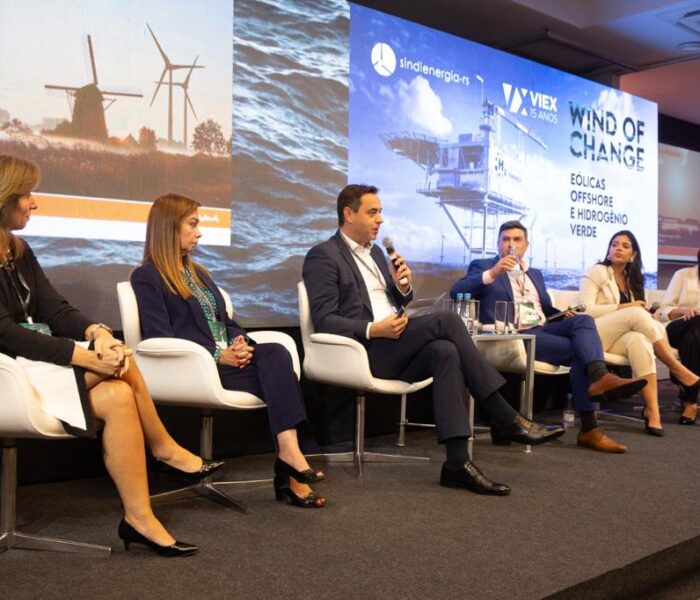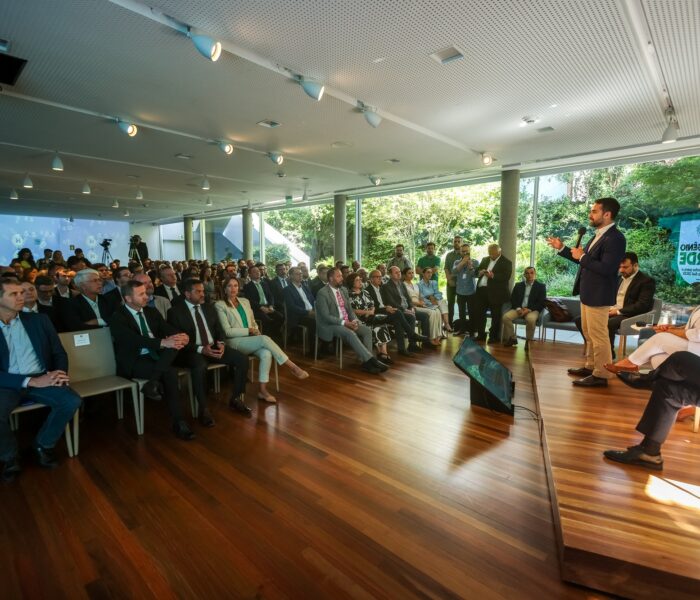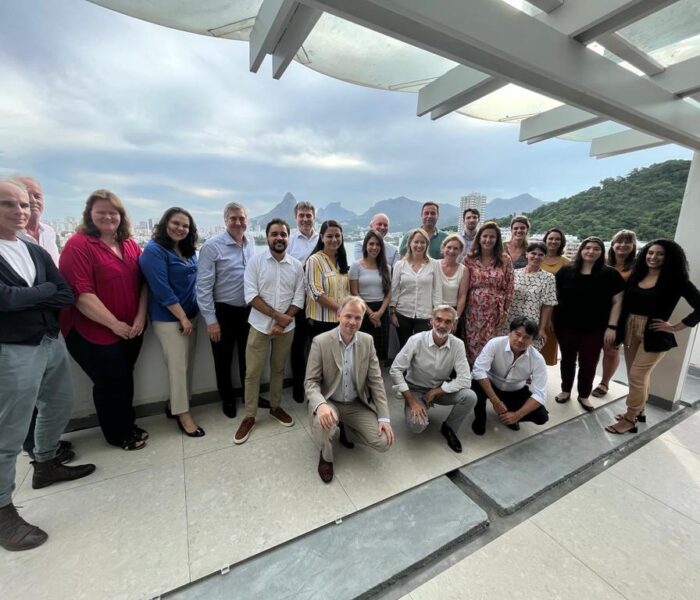The high potential of Rio Grande do Sul to generate renewable energy can lead the state to attract more investments, to become internally independent on energy supply and eventually export it, increasing its business matrix model. According to the president of Sindicato da Industria de Energias Renováveis do Rio Grande do Sul (Renewable Energies Industry Union of RS – Sindienergia), Guilherme Sari, the path to this scenery has been traced based on technical, economic, and social analysis. The reference for this is the search for inspiration in countries that are a reference in the sector, such as The Netherlands. This can be feasible through the articulation between sectorial and business entities and the State Government.
The president of Sindienergia-RS visited The Netherlands last June, together with several stakeholder from Rio Grande do Sul. The goal of the visit was to exchange experiences and contacts with the renewable energy sector (nearshore and offshore). The initiative was organized by FIERGS, the government of Rio Grande do Sul and NBSO Porto Alegre. Nowadays, around 30% of the energy consumed in the state is imported. The expansion of the energy matrix is expected in the next few years. Both, the public and private sectors, advocates for the energetic self-sufficiency. The Netherlands has a large and consistent know-how on what concerns renewables, experience that is a must for us to accelerate our own renewable energy sector.
According to Sari, the state of Rio Grande do Sul has also a unique geographical position that provides high potential wind power generation in lagoons and lakes, the so called nearshore,
“We have The Patos Lagoon (Lagoa dos Patos), the biggest lagoon in South America; the Mirim Lagoon (Lagoa Mirim), the second biggest in Brazil, and the Mangueira Lagoon (Lagoa Mirim). These three lagoons themselves have the capacity to generate 34 gigawatts. However, the production of 10 gigawatts, a very realistic number, would allow the state to be self-sufficient, even being able to export part its production. Nowadays, Rio Grande do Sul has 1.8 gigawatts installed in land”, explained the president of Sindienergia-RS.
He also highlighted that the demand for renewable energy will increase dramatically worldwide, both because of digital innovations, digitalization, and electrical transportation as well as because of agribusiness. “The Brazilian market can benefit from it. Europe, for instance is a potential buyer of green hydrogen, that can be produced from fertilizers, essential for the development of agribusiness”, he explained, reminding that Rio Grande do Sul has as competitive advantage, for being logistically close to other important markets, like Uruguay and Argentina.
Currently the government and the energy sector are focused on the definition of the terms of reference for the use of the lagoons and lakes, in order to bring legal security to investors. The responsibilities, the involved agents, the necessary licenses, the social environmental impact are also under analysis and discussion.
Investments
The president of Sindienergia, Guilherme Sari, will return to the Netherlands end November, representing the energy sector of Rio Grande do Sul in an exclusive knowledge and networking visiting programme about offshore wind and green hydrogen development for CEO-level and senior business representatives, that coincides with the Offshore Energy Exhibition & Conference in Amsterdam
He will present the potential of the state on renewable and clean energies in the Brazilian context. “The Brazilian market has a giant potential of projects for development. We are talking about more than BRL 1 trillion, almost the same number of projects as in the United States, and this has attracted the attention of investors, he said. “The Netherlands is a global reference in technology for deep and shallow water, which means that we are safe regarding the operational aspects”, he said.










